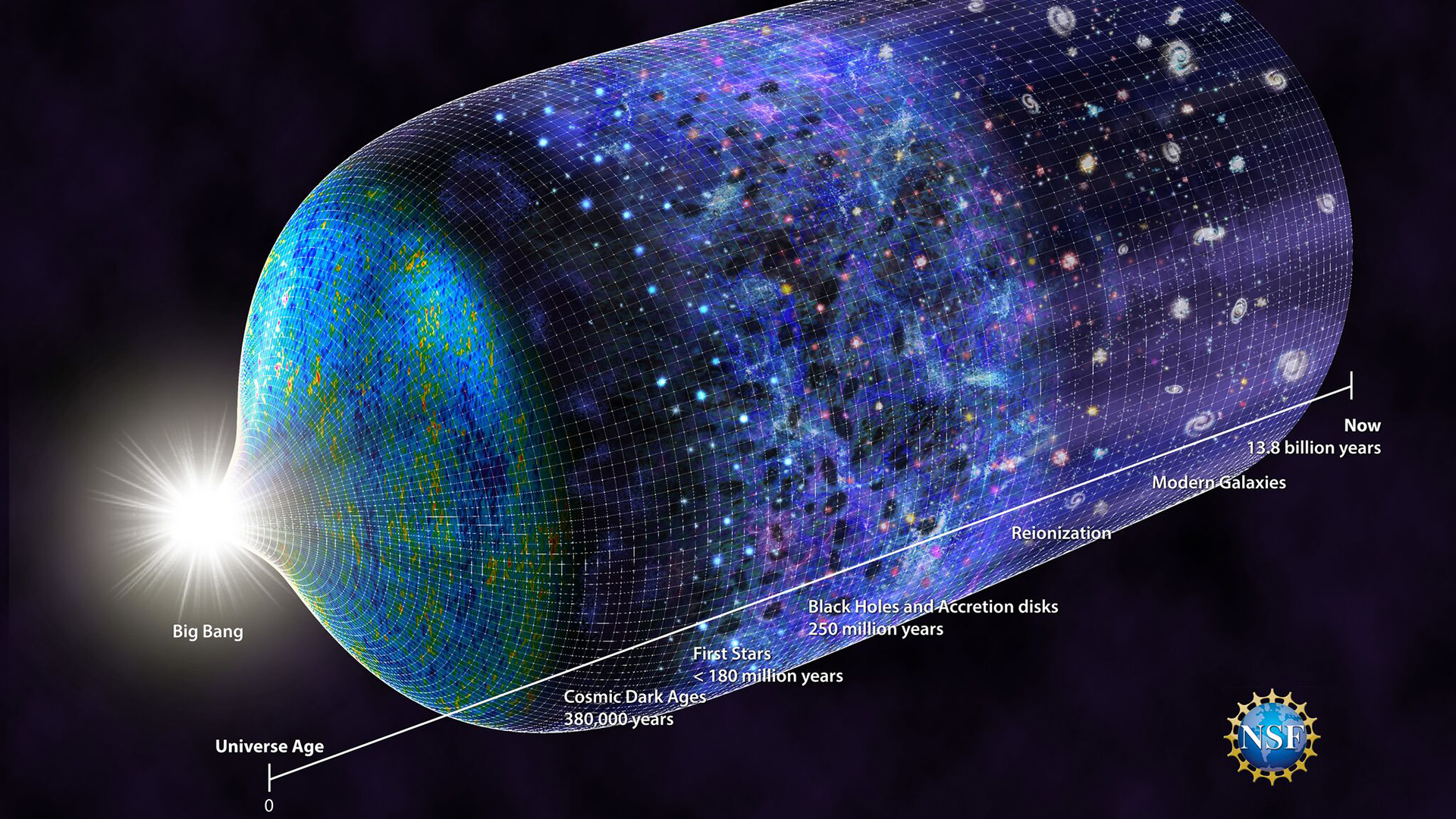A long time ago, in a galaxy far, far away...
For the first time, astronomers have detected a signal from stars emerging in the early universe some 14 billion years ago.
They may also have detected mysterious "dark matter" at work.
Using a radio antenna not much bigger than a refrigerator, astronomers discovered that primordial suns began to shine about 180 million years after the Big Bang, when the universe was created.
"Finding this minuscule signal has opened a new window on the early universe,” said astronomer Judd Bowman of Arizona State University, the lead author of a study published Wednesday in the peer-reviewed British journal Nature.
Telescopes cannot see far enough to directly "see" such ancient stars, Bowman said, but the stars can be detected by the faint radio waves they emitted.
In order to reduce unwanted radio waves from our noisy Earth and across the galaxy, researchers chose a remote spot in the Western Australian desert to set up equipment to detect those faint signals from the early universe.
It's basically as difficult as “being in the middle of a hurricane and trying to hear the flap of a hummingbird’s wing,” said Peter Kurczynski, a National Science Foundation program officer who supported the study.
"These researchers with a small radio antenna in the desert have seen farther than the most powerful space telescopes, opening a new window on the early universe,” he said.
The signal also showed unexpectedly cold temperatures and an unusually pronounced wave, the Associated Press reported. Astronomers said the best explanation was likely the elusive, so-called "dark matter," a substantial part of the universe for which scientists have been searching for decades.
“If confirmed, this discovery deserves two Nobel Prizes” for both capturing the signal of the first stars and potential dark matter confirmation, Harvard University astronomer Avi Loeb, who wasn’t part of the research team, told AP.


